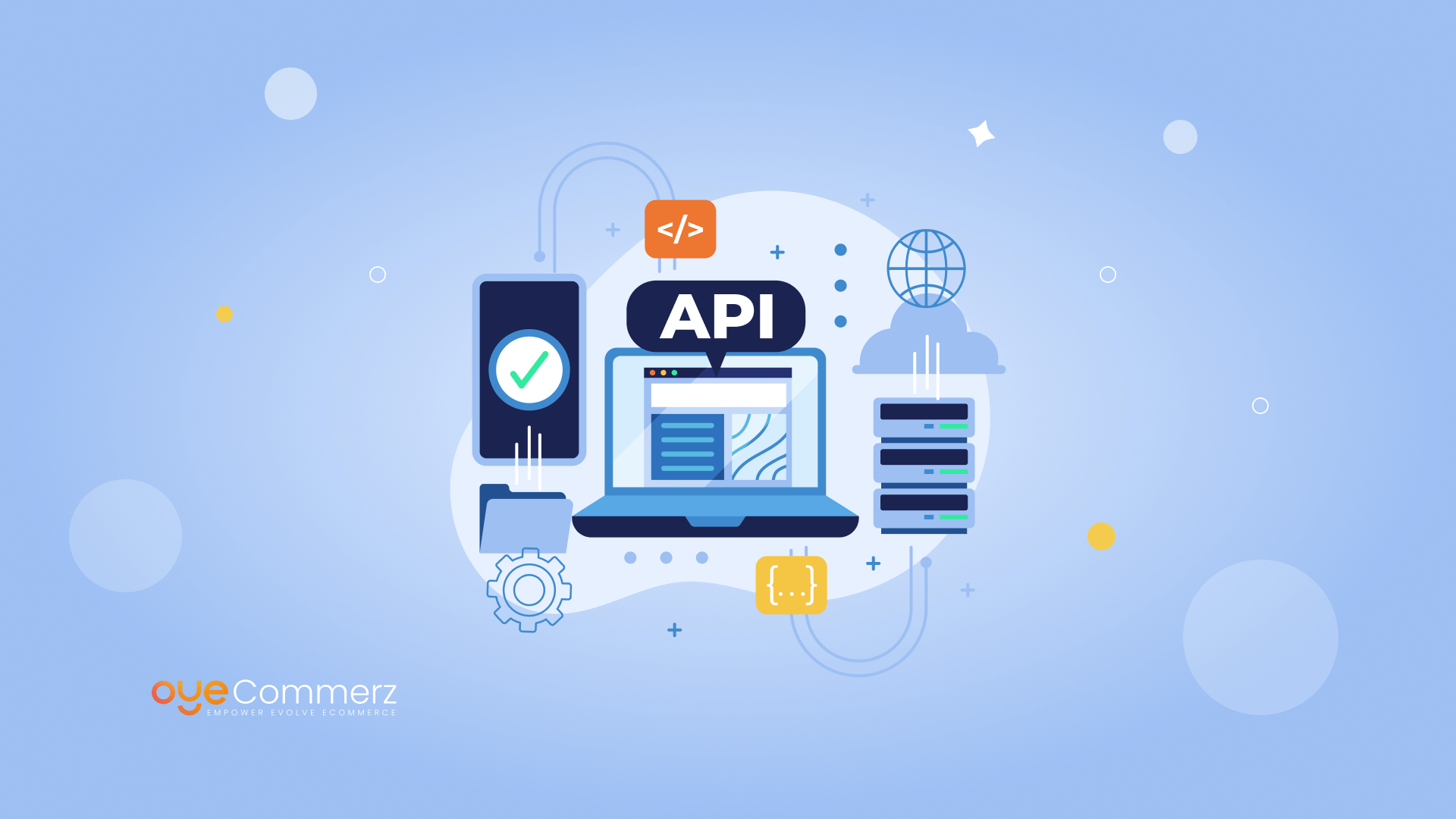Introduction
In the current cutthroat e-commerce landscape, differentiating is paramount, and one of the best ways to set apart a Shopify store is through custom app creation. A well-built Shopify app can boost store functionality, simplify processes, and boost customer engagement. This article explores essential aspects of Shopify app development, covering API integration and app ecosystem to scaling strategies and promotion methods, offering a roadmap for companies seeking superior store performance.
Why Shopify API Integration Matters
Shopify’s API provides powerful tools to personalize and extend store functionalities. With GraphQL and REST APIs, developers can retrieve information to create apps that manage inventory control, order processing, and customer information management seamlessly. Using Shopify’s API can lead to better workflow automation and enables stores to serve customers more efficiently.
Adopting the Polaris Design System
Polaris is Shopify's set of design guidelines for designing user-friendly and easy-to-use Shopify apps. By adhering to Polaris guidelines, developers guarantee that apps seamlessly integrate within the Shopify Admin experience. This ensures a cohesive appearance that resonates with Shopify merchants, encouraging usability and familiarity for merchants utilizing your tailored app.
Understanding the Shopify App Ecosystem
The Shopify app ecosystem provides numerous opportunities for improving online stores. From handling order fulfillment to increasing customer engagement, apps in this ecosystem are designed to meet various business requirements. Familiarizing with this ecosystem assists developers in finding unique app opportunities and allows for seamless integration of external tools that enhance the store.
Building Embedded Shopify Apps
Embedded apps integrate directly within the Shopify Admin, providing a smooth interface for merchants. They allow merchants do not need to navigate away from their Shopify dashboard, simplifying their process. Using Shopify App Bridge and embedded app capabilities is a best practice for offering a unified, well-integrated user experience.
Leveraging Node.js and React for Shopify Development
The technologies Node.js and React have become top options for Shopify app creation. Node.js enables high-performance server-side applications, while React allows for interactive and Boost Shopify functionality adaptive front-end user interfaces. Together, they provide an excellent framework for building fast, scalable Shopify apps that enhance store performance and customer interaction.
Utilizing Webhooks in Shopify Development
Webhooks enable instant data updates between Shopify and an external app. They trigger events such as order creation or inventory updates and send instant notifications to your app. By implementing webhooks, apps can provide up-to-date information to store owners, streamlining workflows and boosting productivity.
Engaging Customers Through Digital Marketing for Shopify Apps
To ensure Shopify app success, connecting with users is crucial. Using online marketing techniques like SEO, email marketing, and social outreach can increase app usage. Additionally, designing apps with customer engagement in mind (e.g., loyalty programs or personalized recommendations) increases user retention and loyalty.
Scaling Your Shopify App
As e-commerce businesses grow, so do their technological needs. Making sure that your app can manage increased traffic, larger databases, and more advanced functionalities is critical. By optimizing server capacity and using scalable technologies, you can create apps that expand in tandem with a store’s success.
Important Features and Maintenance Tips for Shopify Apps
For an app to be useful, it should include key capabilities like user authentication, dashboard analytics, and customer support options. Ongoing app upkeep, including updates to fix bugs and ensuring Shopify API integration compatibility with new Shopify features, is important to maintain uninterrupted performance and prevent disruptions to business processes.
Summary
Custom Shopify app development holds vast potential for e-commerce stores, offering the chance to improve store functionality, simplify operations, and build customer relationships. From integrating APIs to focusing on scalability and customer engagement, creating a Shopify app involves thoughtful preparation and well-planned actions. If you’re prepared to elevate your e-commerce experience, a custom Shopify app may be the ideal choice. What features do you envision for your dream application? Share your thoughts and take the first step toward an optimized e-commerce journey!
